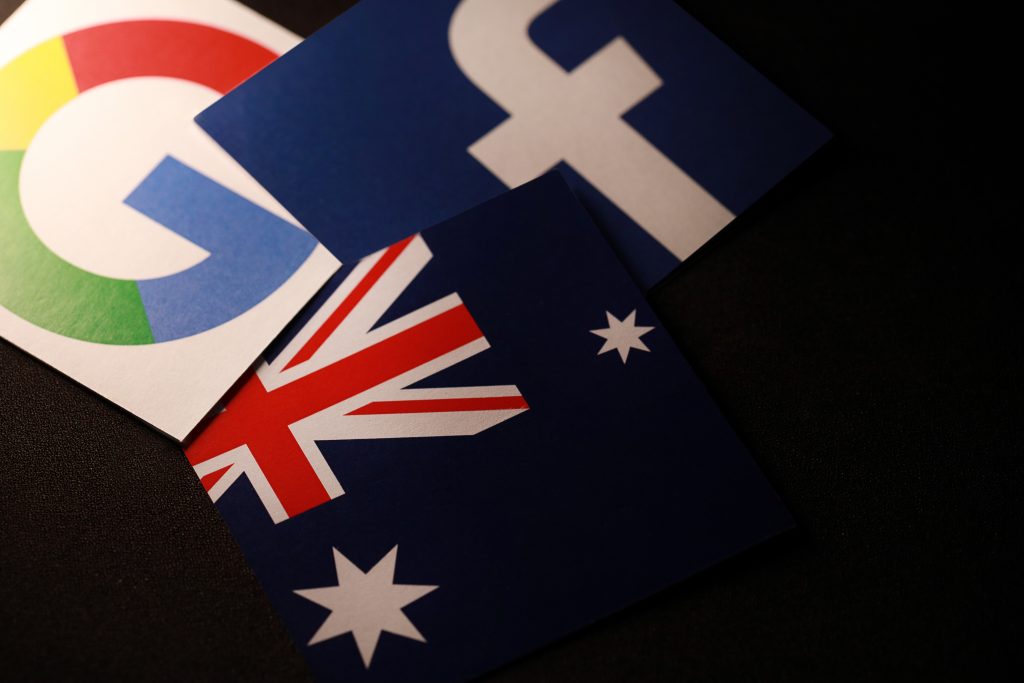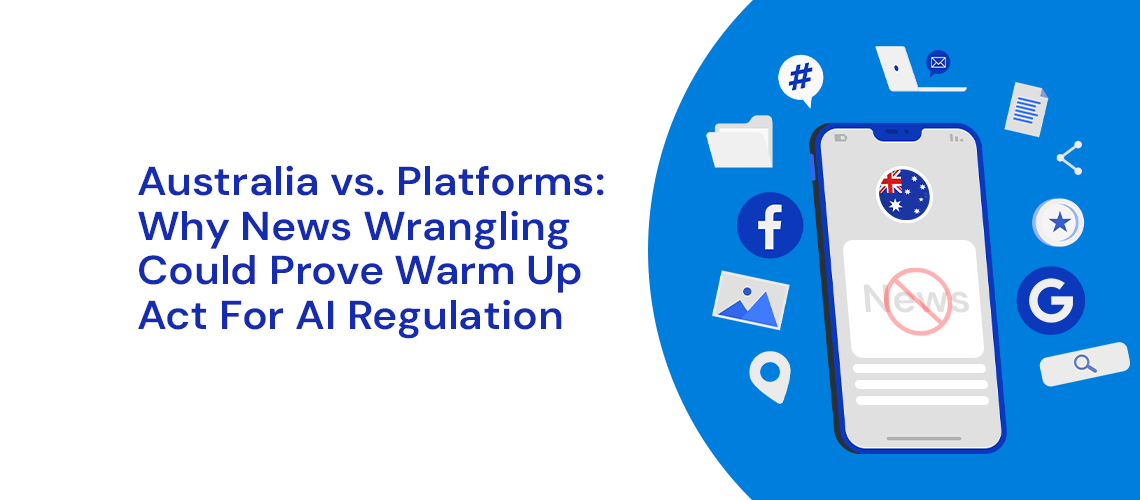Three years ago, Meta and Google handed over approximately AUD$200M (US$132M) to Australia’s large publishers after a series of negotiations between platform bosses and the Australian government.
Under a piece of legislation called the News Media and Digital Platforms Mandatory Bargaining Code, worked up by Australia’s competition regulator the ACCC, the platforms were faced with a choice: either agree a fee with publishers for using their content (i.e. Google taking snippets of news to sell ads beside in its search engine, or Meta lifting news headlines to sell ads beside within users’ feeds) or be forced into arbitration where the government would set the licence fee.
The legislation was divisive. Many saw it as protectionism for media companies adept at lobbying politicians. Others saw it as a rent seeking ‘link tax’ by a legacy media disrupted by more successful, scalable business models – some of which were local pure-play digital classified businesses rather than global platforms.
Many pointed out that both Google and Facebook brought traffic to publishers via those content lifts and links. But it’s also true that neither big platform makes content, instead aggregating and surfacing the work and IP of others to make their money by serving ads around it.
Either way it served as a global test case – and all eyes were on Australia, Google and Meta.
Who blinks?

As the deadline loomed, Meta in a game of brinkmanship threatened to pull out of Australia entirely. Google made similar threats but ultimately came to the negotiating table. Meta, however, pulled the trigger, briefly blocking news on Facebook in Australia.
That manoeuvre also shut down a number of non-news Facebook pages. Users couldn’t access domestic violence charities, government departments and the Bureau of Meteorology, to name a few.
Meta eventually backed down and ended-up striking deals with news publishers worth AUD$70m to avoid being ‘designated’, i.e. drawn into government arbitration in which it would lose control of the license fee determined.
Under the arbitration process, both parties submit a figure and the government picks which one it thinks represents fair value for publishers. There is no middle ground and no negotiation, which introduces significant risk for platforms operating in 150-plus countries.
Google also struck deals. These lasted for three years (mostly Meta) or five years (mostly Google). Now the three-year deals are coming to an end – hence tension once more flaring up – and other markets watching closely.
Meta this month said it will not be paying publishers again. That means the Australian government must either back down to a global platform refusing to abide by its rules – politically risky a year out from an election as well as setting a precedent – or hold Meta to account. Or Meta could just ‘turn off’ news – as it has done in Canada for the last six months after the Trudeau government attempted to enact similar legislation.
The outcome will have global implications as governments around the world weigh-up similar legislation – and, depending on the precedent set, a material impact on Meta’s share price.
But other than the popcorn factor, why should the media supply chain care?
For one, because traditional media companies now face compound headwinds. News, along with live events and sport, is among the few properties local publishers (i.e. the main broadcasters and publishers within any given country)can use to compete with the handful of big platforms eating the lion’s share of global ad dollars.
Streamers launching ad tiers have strengthened those headwinds – eighteen months ago Netflix didn’t sell ads. Neither did Amazon Prime’s video business. Now all the big streaming platforms are piling into advertising, largely because subscriber growth has topped out. So streamers will only become more aggressive because aside from advertising they have no other options beyond rising prices in a price sensitive and increasingly competitive market.
Which leaves local publishers few levers left to pull amid a dwindling ad revenue pool other than paid subscriptions (which also bring them first party data that can then fuel data matching ad plays).
If they can’t make subscriptions viable, many publishers will go bust or be swallowed up amid market consolidation. Which means advertisers will ultimately have fewer places to advertise outside of walled gardens – with concentrated market power usually leading to pricing manipulation. That outcome most likely leads to fewer advertising options and higher prices.
AI playbook?

Australia’s brewing battle may also have implications for AI regulation. The generative AI tools now disrupting digital industries – advertising, media, film, music and way beyond – have all been trained on publisher content, with large language models for years scraping web content to hone their capabilities.
Generative AI owners have not paid to license that content – and major publishers are now seeking recompense. Whether the publishers are successful remains to be seen. But the power of generative AI to pull together coherent information from multiple sources – i.e. not just from a single publisher or story in the case of news – could have major implications for how content is served by platforms.
For example, a search engine, instead of providing a bunch of individual links from publisher or brand sites based on a search term, could instead use generative AI to pull together bespoke results based on amalgamations.
For example, a ‘best curry New York’ search term could return an AI-written round-up from multiple review sites – but carry links to none of them.
That approach could allow firms like Google to sidestep any further news licensing/publisher revenue share legislation – and also make it incredibly hard for publishers to prove their content has contributed to the search result served.
But it would potentially make that platform a publisher under section 230 of the US Communications Decency Act – and therefore legally liable for everything published on its platform – opening up a can of worms potentially far more expensive than throwing publishers relatively small change.
How Australia vs. platforms plays out could therefore prove instructive for the future of news – and digital content distribution (including ads) more broadly.


